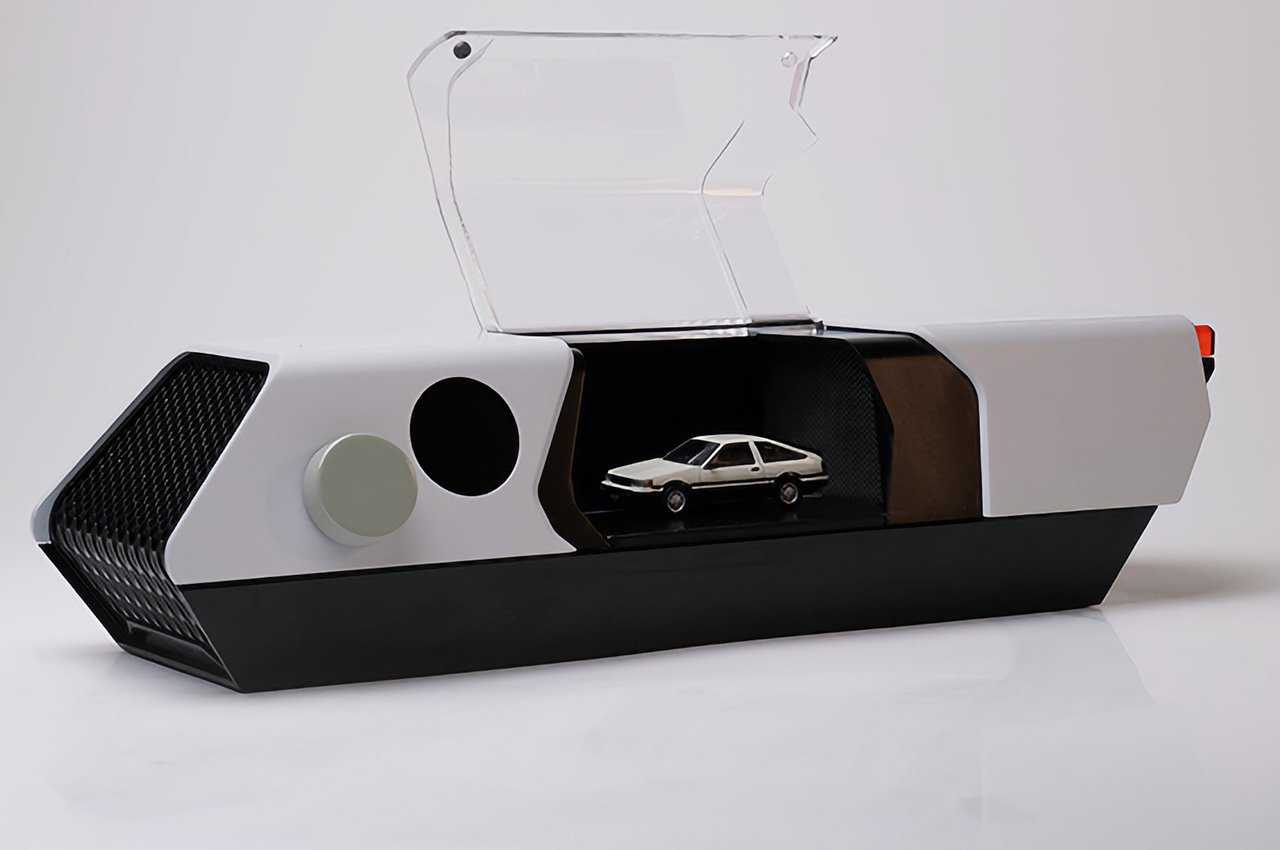
Now that medicine’s advanced to a point where people can live for longer, there are plenty of secrets to longevity, and you can try to live a truly longer and healthier life. That includes eating healthier, exercising regularly, sleeping for longer, and avoiding unnecessary stress and anxiety.
If you’re in the process of tweaking your lifestyle to reach this goal, though, don’t forget to think about your eyes. After all, a longer life is best enjoyed with good vision. However, not a lot of people know about the conditions that can affect their eyesight as they get older. One only needs to look at what the public knows about glaucoma. This chronic disease is the world’s leading cause of irreversible blindness and is caused by increased pressure in the eye due to fluid buildup. Information statistics reveal that there may be 111.8 million people suffering from glaucoma by 2040, and at least half of this population will be unaware that they have it. That’s because many cases of glaucoma are asymptomatic.
It’s thus important to prevent the onset of glaucoma before it damages your optic nerve enough to cause vision loss. Luckily, there are a few things you can do to prevent glaucoma and maintain vision for long-term eye health:
Follow a healthy diet
Eating the right foods can give you the nutrients you need to prevent glaucoma. Antioxidants prevent unwanted inflammatory responses in your eyes, while nitrates maintain normal eye pressure by regulating tissues in the eyes’ drainage pathway. You can get enough of them by eating a balanced diet of fruits, vegetables, lean protein, fiber, and healthy fats.
Some foods rich in antioxidants and nitrates are healthy, fatty fish like salmon, fruits like apples and blueberries, and leafy greens like celery, spinach, arugula, and kale. These contain Omega-3, Vitamin C, anthocyanins, lutein, and zeaxanthin. All these organic compounds support the macula: the part of the retina that processes what you see in front of you.
Maintain normal blood pressure
Long-term high blood pressure is one of the key issues that increases your risk of developing glaucoma. It can damage the blood vessels in your eyes, meaning they won’t be able to compensate for changes in blood flow when you experience eye pressure. High blood pressure can be caused by many things, such as unhealthy lifestyle choices and underlying conditions like diabetes or obesity.
Aside from eating healthier, you can manage your blood pressure levels by exercising regularly. For this, consider aerobic exercises like jogging or biking to strengthen the heart and make it easier for it to pump blood. This will ultimately lower your blood pressure to lower your chances of developing glaucoma.
Protect your eyes from the sun
Overexposure to the sun’s UV rays is a major risk factor for glaucoma. According to the 2018 Journal of Biophotonics study “Ultraviolet Radiation Oxidative Stress Affects Eye Health,” this can result in cellular damage that pathologically changes your eye structures, making it more likely for you to be diagnosed with the condition.
That makes it extremely crucial to shield your eyes from excess UV rays. For the best protection, purchase sunglasses from reliable brands to ensure they block 100% of the sun’s against UVA and UVB rays—the highest level of protection available and something you won’t get with cheaper sunglasses. You can try Persol’s PO3272S for additional distortion-free vision and comfort or Ray-Ban’s Wayfarer Classic for a pair that is durable and stylish enough for daily wear.
Get regular eye exams
The reason some cases of glaucoma are asymptomatic is because it affects the optic nerve, which is located behind the eye. The condition also develops gradually over time. Both these things mean you can’t spot glaucoma on your own. To ensure it doesn’t go undetected, get regular eye exams. Your optometrist can easily check for otherwise invisible signs of the condition, diagnose it early, and help you treat it as soon as possible.
An eye exam can also tell you if you’re currently at risk of developing glaucoma and give you tips to nip it in the bud. For example, your optometrist may recommend you use prescription eye drops like Xalatan and Zioptan. These assist in draining fluid from your eyes and reducing fluid production, alleviating eye pressure, and delaying glaucoma. Get an eye exam every 5-10 years or every 1-2 years if you’re above 40 years old.
Preventing glaucoma and maintaining your vision allows you to enjoy better eyesight even as you get older. That’s something you may want to have as you work toward living a longer and healthier life, so keep these tips in mind!



